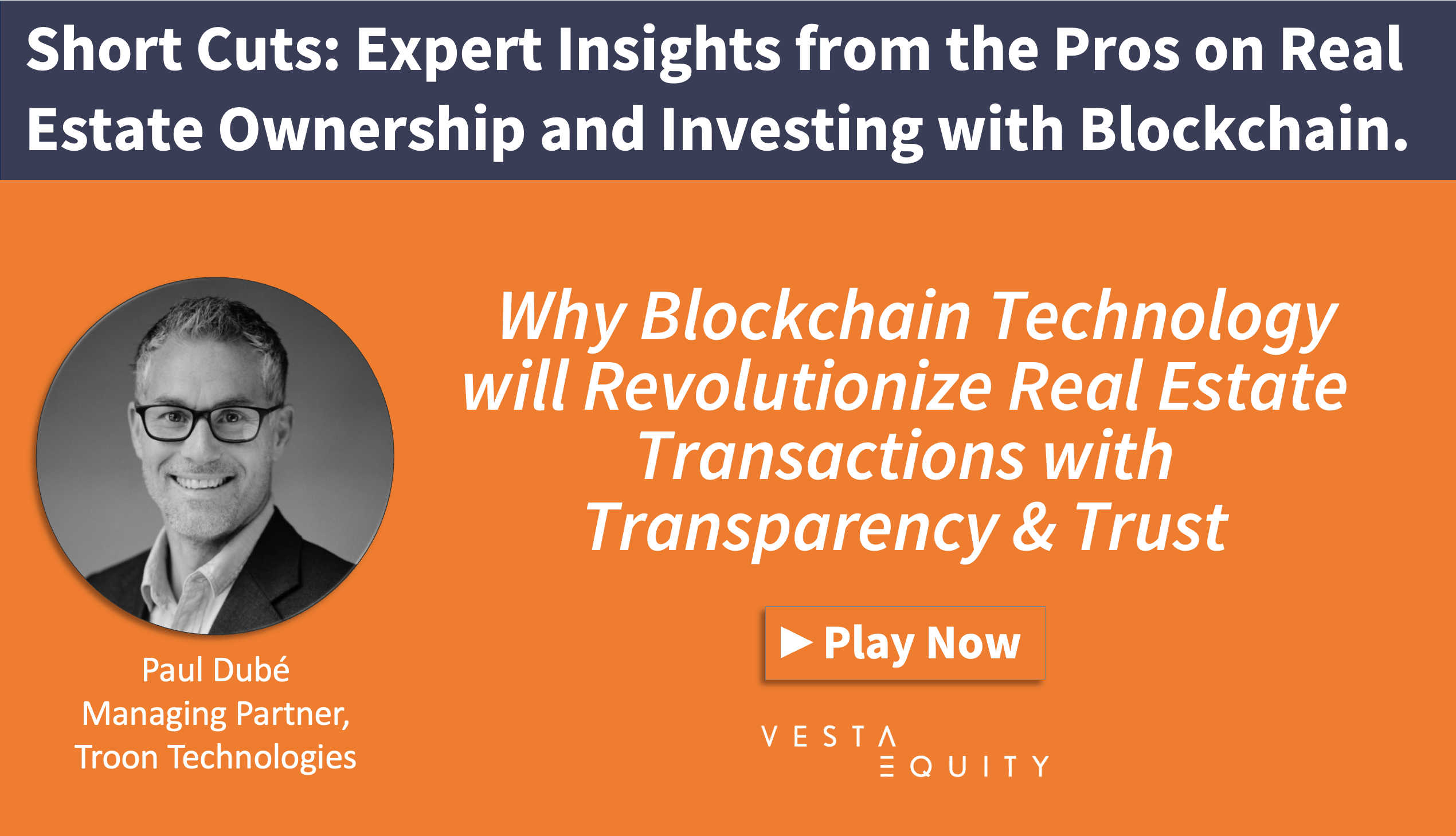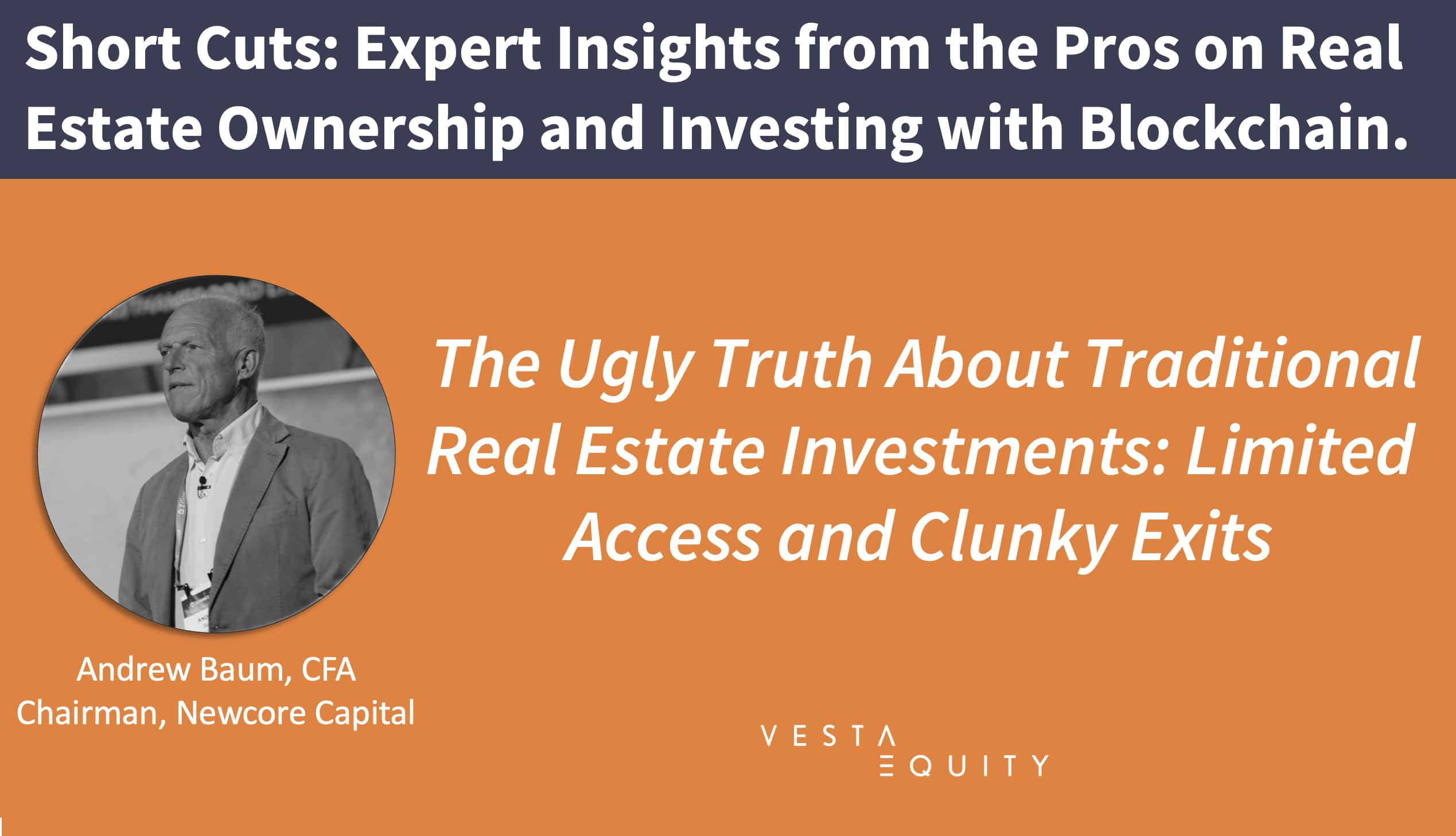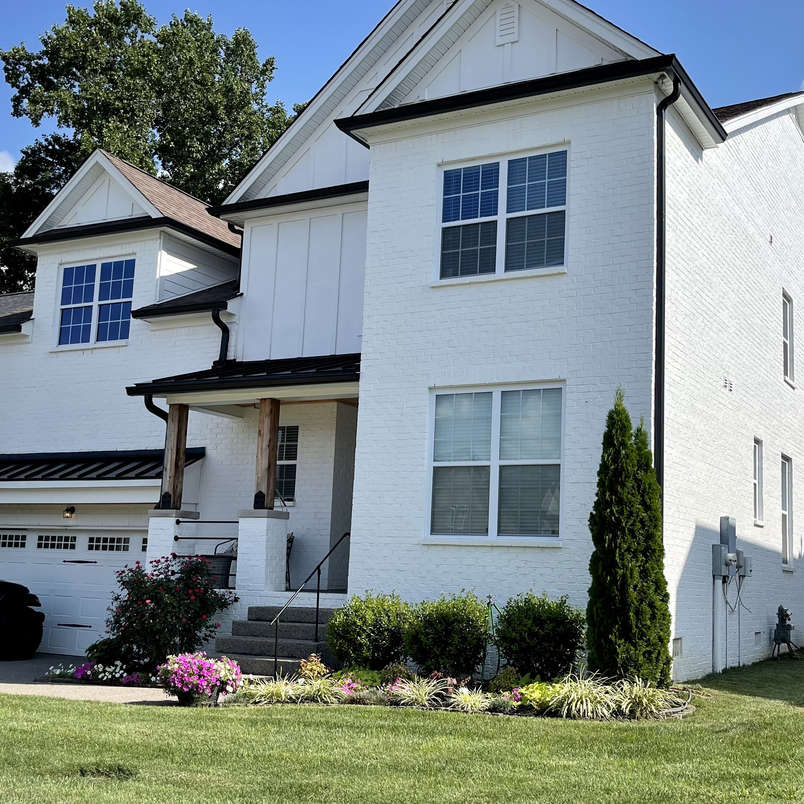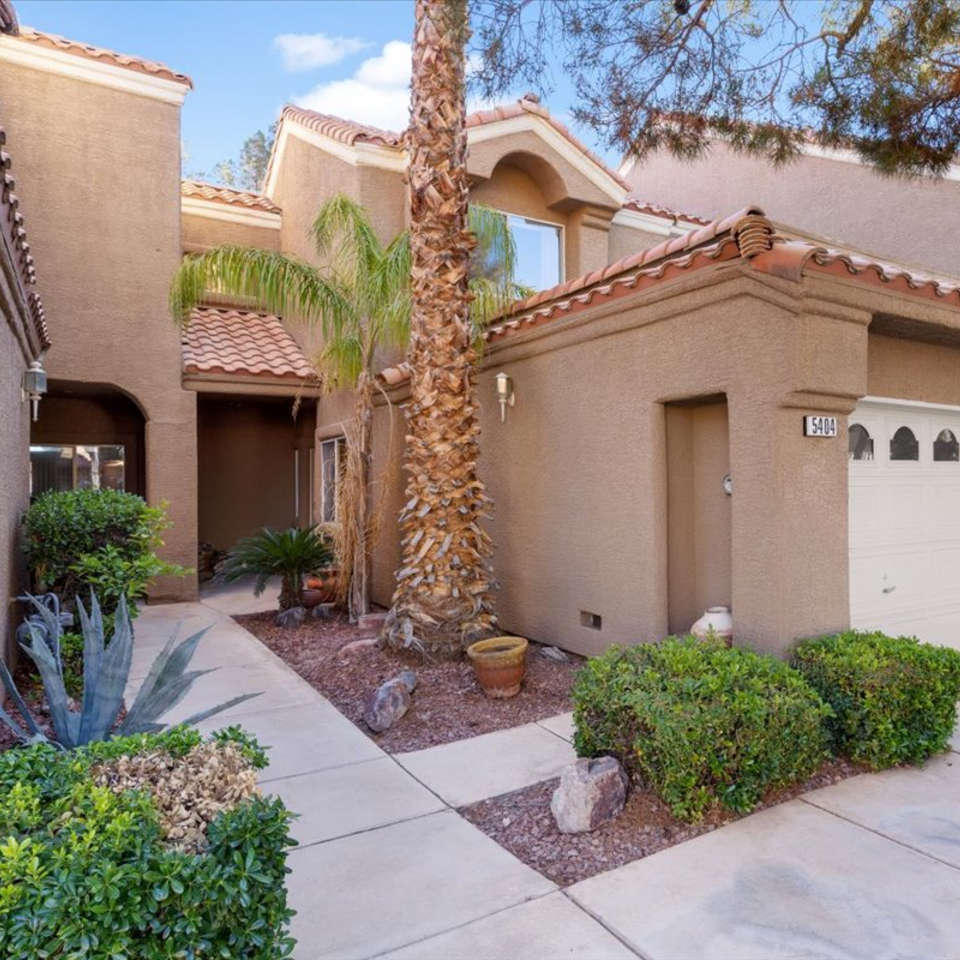Latest Content > Is a Tokenized Real Estate Asset Really a Security?
Is a Tokenized Real Estate Asset Really a Security?

In recent years, the real estate market has seen a significant transformation with the advent of tokenization, a process where real estate assets are converted into digital tokens on a blockchain. This innovation promises increased access, liquidity, and streamlined transactions, marking a shift in how we perceive and leverage real estate and investments.
The Rise of Tokenization in Real Estate
The concept of asset tokenization isn't confined to just theoretical discussions; it's being actively integrated into the real estate sector. In 2023, the global market cap for security tokens and tokenized asset secondary markets reached $15 billion, encompassing not just real estate but also pre-IPO shares, investment funds, and other asset classes. Major financial institutions like Goldman Sachs, UBS, HSBC, CITI, JP Morgan, Blackrock, and others are venturing into issuing digital bonds, crypto ETFs, commodities, and more This highlights the growing acceptance of blockchain-based digitized real world assets.
Democratizing Real Estate Investments
Tokenization is a way to democratize finance, allowing for broader public investment opportunities by eliminating financial friction. It enables fractional ownership, making real estate investment more accessible to a wider range of investors beyond the traditionally affluent or institutional investors with deep pockets and operational scope. This shift has the potential to unlock enormous wealth-building opportunities for all investors, previously restricted due to high and cumbersome entry barriers.
Tokenization Versus Traditional Real Estate Investment
While traditional real estate investment methods have been reliable and stood the test of time, tokenization is not about fixing a broken system but optimizing it. Like how cars and telephones revolutionized transportation and communication, tokenization aims to enhance real estate investing by making it more efficient, transparent, and accessible.
Tokenization increases liquidity in what has traditionally been an illiquid asset class. By breaking down property ownership into smaller, tradable shares, it reduces liquidity risk and opens the market to a broader investor base to the entire globe.
Comparison with REITs, SPVs, and Mortgaged-backed Securities
REITs (Real Estate Investment Trusts) and SPVs (Special Purpose Vehicles) have been popular alternatives for diversified real estate investment. However, they come with their own limitations, such as high minimum investments, management fees, and liquidity issues. Tokenized real estate, on the other hand, offers lower entry points, greater liquidity, and fewer restrictions, thus providing better accessibility and potential returns to average investors.
In an era characterized by a paradigm shift toward shared equity as a viable alternative to traditional debt structures, stakeholders are increasingly engaging in direct transactions, obviating the need for the precarious practice of reselling mortgage debt to investors through Mortgage-Backed Securities (MBS) pools. Such pools, notorious for their lack of transparency and associated inherent risks, pose a significant risk for investors. Consequently, investment vehicles relying on tokenized shared equity and yield mechanisms emerge as compelling alternatives, offering returns surpassing many money market funds while mitigating the pronounced risk profile associated with MBS pools.
Regulatory Aspects and the Liechtenstein Model
The regulatory framework is crucial in the transition to tokenization. The U.S. should look at Liechtenstein's innovative "Token Container Model" for inspiration. This model allows tokens to represent existing legal rights or assets, integrating the new technology into the current legal system without the need for extensive new legislation. Such an approach would need the establishment of roles similar to Liechtenstein's "Physical Validators" to ensure that real-world transfers match on-chain activities, along with clear guidelines for token issuers and exchanges.
In the United States' current regulatory landscape, companies like KoreConX utilize KoreChain to facilitate Digital Securities Tokens. These tokens are specifically designed to comply with regulations such as RegA+, RegCF, and RegD, positioning themselves in today's regulated environment while also serving as a bridge to the future. KoreChain operates as a private and permissioned blockchain, leveraging Hyperledger Fabric. Going beyond conventional blockchain functions like distributed ledger, cryptography, and consensus, KoreChain facilitates seamless transactions, thus easing the constraints imposed by existing regulatory frameworks governing these regulations.
Global Potential of Tokenized Real Estate
Tokenized real estate is not just a technological advancement; it represents a paradigm shift in global real estate investment. The cumulative size of tokenized assets globally is projected to reach a staggering $16 trillion by 2030, a growth of more than 50,000% compared to $310 billion in 2022. This exponential growth underscores the vast potential of tokenized real estate in the global market.
Liquidity and Asset Accessibility
One of the key advantages of tokenization in real estate is the potential for increased liquidity and accessibility. The traditional real estate market, often characterized as illiquid, can benefit immensely from tokenization. By converting real estate into more liquid tokens, tokenization allows for easier trading and investment, making real estate accessible to a broader range of investors. This shift is significant, considering the global real estate market was valued at $327 trillion in 2020. These assets can be traded like stocks on marketplaces.
Security Token Offerings (STOs) and Digital Securities Marketplaces
The process of tokenizing real estate involves creating digital tokens on a blockchain during a Security Token Offering (STO). These tokens represent fractional ownership of real property and depending on the security issued (i.e. Reg D, CF, or A) can be traded almost instantly on digital securities marketplaces using alternative trading systems (ATSs). This innovation significantly reduces the transaction costs and time, enhancing the efficiency of real estate transactions. Companies like Texture Capital support the issuance of private placement digital securities while also providing secondary market liquidity via their Alternative Trading System. This provides both regulatory compliance and the needed infrastructure for a frictionless and vibrant trading ecosystem.
Reconciling Traditional Real Estate with Tokenization
A critical aspect of real estate tokenization is reconciling it with existing systems of land registration and real estate laws. Different jurisdictions may have varied land registration systems, necessitating careful integration of tokenized real estate within these frameworks. This reconciliation is essential for the legitimacy and smooth operation of tokenized real estate markets. This is one area where Vesta Equity stands out. Our seamless and easy-to-use point-and-click solution that integrates directly with our partnerships alongside leading title agencies and documentation processes. This is a pivotal process in validating ownership of each tokenized property. This ensures easy onboarding for homeowners, and provides investors with added security.
Challenges and Future Prospects
While the potential of tokenized real estate is immense, there are challenges that need addressing. These include establishing clear market regulations, integrating with land titles registries, and setting up centralized reporting for transactions. Addressing these issues is crucial for the sustainable growth and acceptance of tokenized real estate as a legitimate investment vehicle.
The tokenization of real estate assets heralds a new era in global real estate investment. It promises to revolutionize the market by increasing liquidity, lowering barriers to entry, and enabling a more efficient and transparent investment process. However, its classification as a security depends on various factors, including the nature of the token and the regulatory framework in place. As the market continues to evolve, it will be critical to integrate how tokenized real estate integrates with traditional investment models and the broader financial ecosystem. It is necessary to protect consumers without stifling innovation that will help drive wealth creation for all. The SEC and other regulators need to rethink their definition of securities in this evolving era of digital assets. They need to have broader definitions and rules regarding these assets. They all represent different opportunities, risks, and rewards. The rules governing them should reflect that reality. It serves no one to try and squeeze a square peg into a round hole.
Sources:- Forbes. "The Future Of Real Estate: Tokenization And Its Impact On The Industry."
- CoinDesk. "The Tokenization of Assets Is Underway."
- Medium. "Real estate tokenization in 2023 — unlocking a trillion-dollar market."
- Forbes. "Tokenized Real-World Assets Are Bringing New Yield Opportunities To DeFi."
- Institutional Real Estate, Inc. "Tokenizing real estate assets: The purpose, the promise and the path ahead."
- The Tokenizer. "Tokenization of Real Estate in the US."
- Dentons. "The tokenization of real estate: An introduction to fractional real estate investment."
- Tokenist. "Why 2023 Might Be a Big Year for Real World Asset (RWA) Tokenization."
Investment Properties
Vesta Equity offers tokenized home equity investments through its marketplace at https://app.vestaequity.net/marketplace
Sign up to get alerts about new posts
What’s New

Short Cuts: Expert Insights from the Pros on Real Estate Ownership and Investing with Blockchain
Within Blockchain, numerous fundamental principles are in place to ensure transparency and combat fraud. They commence with the transactions themselves, which are both verifiable and permanent, taking place between two parties within a decentralized network.
 Watch Video
Watch Video

Short Cuts: Expert Insights from the Pros on Real Estate Ownership and Investing with Blockchain
The ugly truth about traditional real estate investments: limited access and clunky exits with Andrew Baum CFA, Chairman of Newcore Capital.
 Watch Video
Watch Video


